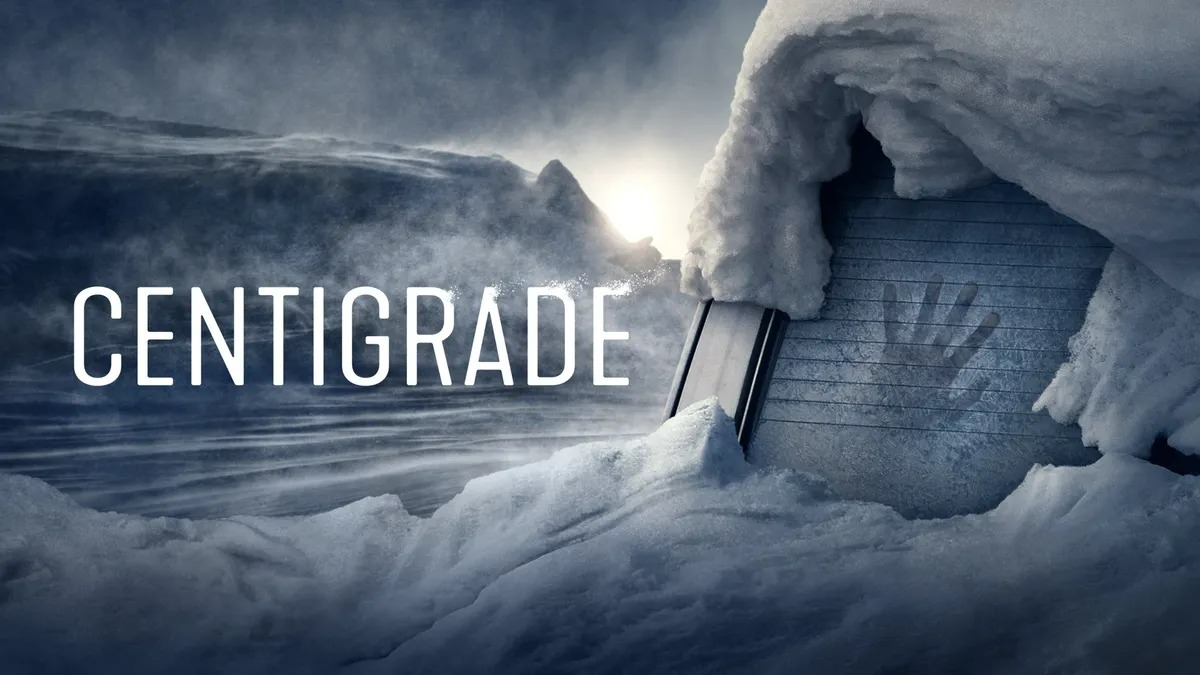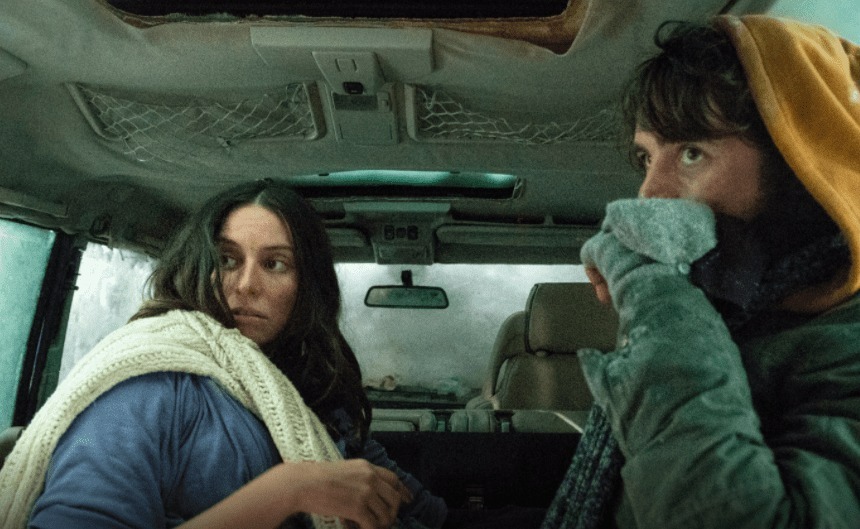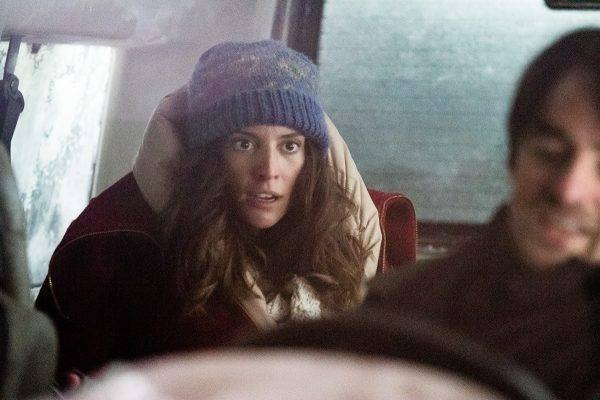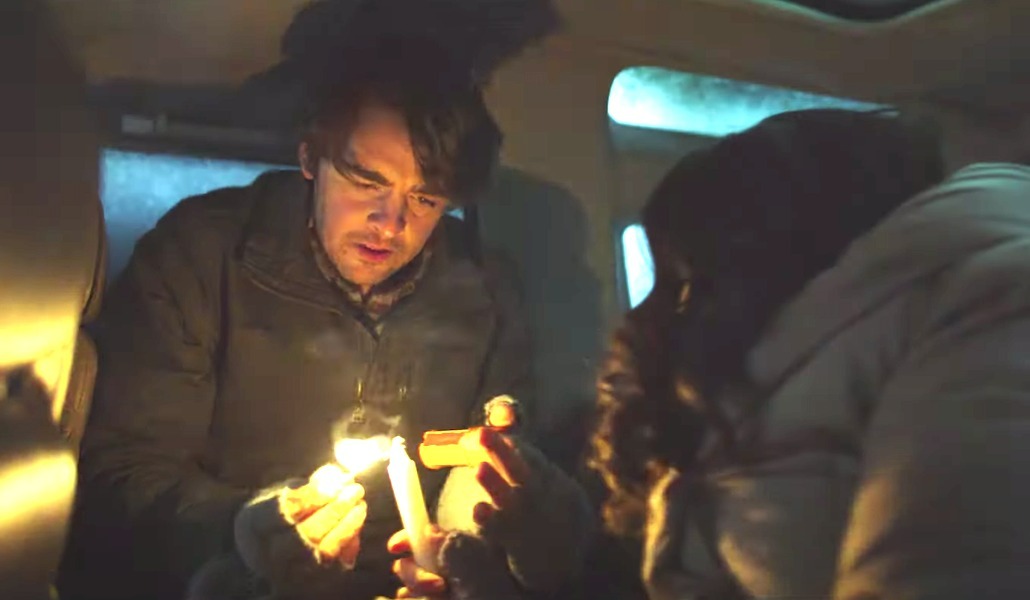
Centigrade is a 2020 survival horror film directed by Brendan Walsh, who also co-wrote the screenplay with Daley Nixon. The film is based on a real-life survival story and follows a couple, Matt and Noelle, who find themselves trapped in their car by a deadly snowstorm while on vacation in Norway. As they become buried under tons of snow, the couple must face not only the physical dangers of freezing temperatures and limited resources but also the emotional and psychological toll of being stranded. With intense performances from Genesis Rodriguez and Vincent Piazza, Centigrade offers a tense, claustrophobic experience that keeps viewers on the edge of their seats.
The film’s main focus is on Matt and Noelle, a married couple portrayed by Genesis Rodriguez and Vincent Piazza. Noelle is an expectant mother, and as the film progresses, her pregnancy becomes a crucial part of their struggle to survive. The dynamic between the characters is key to the film’s emotional weight, as their relationship is tested by extreme isolation, fear, and the constant threat of death. Both actors deliver strong performances, capturing the raw intensity of the couple’s fight for survival in a harrowing situation. Their emotional journey adds a layer of depth to the film, as the audience witnesses their desperation, hope, and resilience in the face of overwhelming odds.
Centigrade is not just a physical survival story; it also delves into the psychological strain of being trapped in a dire situation. As time passes and the couple’s supplies dwindle, their mental and emotional stability begins to deteriorate. The film carefully builds tension, focusing on the small details that reveal how fear, exhaustion, and hunger begin to erode their sense of hope. The harsh conditions and isolation put a strain on Matt and Noelle’s relationship, testing their trust in each other and their will to survive. This psychological element makes the film more than just a simple survival tale; it explores the emotional cost of enduring extreme circumstances.

The setting of Centigrade plays a pivotal role in the film, adding to its suffocating and claustrophobic atmosphere. The snowstorm and the couple’s confinement in the car create a constant sense of impending doom. The vast, snow-covered landscape outside only emphasizes their isolation, highlighting the couple’s helplessness. The film’s cinematography effectively uses close-ups and wide shots of the icy wilderness to emphasize the vastness of nature and the fragility of human life in such extreme conditions. The snowy environment becomes an unyielding force that both the characters and the audience must contend with, creating a visual and emotional contrast that intensifies the suspense.

As the film progresses, Centigrade also raises themes of survival instincts and the will to live. Matt and Noelle are forced to make unimaginable decisions as they fight to stay alive. Their moral boundaries are tested as hunger and desperation set in, and the choices they make highlight the primal nature of survival. These themes are explored with a sense of realism, showing how humans can be pushed to their limits in life-threatening situations. The film does not shy away from the harsh realities of survival, and its raw depiction of the characters’ struggle adds to the overall intensity of the experience.

Centigrade is a tense, emotional, and suspenseful survival horror film that stands out for its focus on the human aspects of survival rather than relying solely on action or gore. With its minimalistic setting and intense performances, the film draws viewers into a gripping story of endurance and sacrifice. It explores the fragility of life in extreme conditions, offering a powerful reminder of the strength of the human spirit when faced with unimaginable challenges. Centigrade is an engaging and thought-provoking film that keeps its audience hooked from beginning to end, providing both an emotional and psychological rollercoaster.
